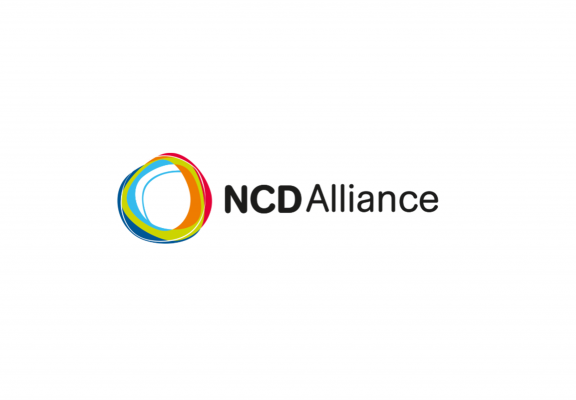
As global negotiations intensify ahead of the fourth United Nations High-Level Meeting on Noncommunicable Diseases (NCDs) and Mental Health, the NCD Alliance (NCDA) has raised serious concerns over what it described as a disturbing weakening of the revised Political Declaration text.
The latest version of the draft declaration, known as Rev.3, is being reviewed in New York, but civil society organisations fear that instead of progressing, the global NCD response is being diluted at a critical moment for global health.
In a statement issued on Friday, the Director of Policy and Advocacy at NCD Alliance, Alison Cox, said the time for silence is over.
“Silence is broken, now the stakes are even higher. Rev.3 is already significantly less ambitious, and further re-negotiations risk weakening it even more,” Cox warned.
“We urge governments to show political leadership in these final moments: reinstate strong targets and proven measures like health taxes, and put people before the interests of health-harming industries.”
The upcoming UN High-Level Meeting on NCDs and Mental Health is scheduled for September 25, 2025, and is expected to culminate in the adoption of a Political Declaration that outlines global commitments and measurable targets for tackling the growing burden of NCDs and mental health conditions.
However, NCDA says the current draft fails to meet the mandate of producing a concise, action-oriented declaration that builds upon past commitments and mobilises urgent political will.
Specifically, the alliance decried the dilution of tracer targets and the removal of references to 2030 coverage goals—benchmarks it insists are vital for strengthening accountability and tracking progress in line with the UN General Assembly Resolution A/RES/79/58.
“We commend the inclusion of fast-track and indicator targets,” the statement read, “but we are concerned by the weakening of tracer targets, which are critical benchmarks to accelerate progress, strengthen health systems, and improve accountability.”
The organisation also criticised the current draft’s omission of references to the WHO Global Monitoring Framework on NCDs, describing it as a lost opportunity for aligning global actions and standards.
Of particular concern to NCDA is the softening of language around fiscal measures, especially the removal of taxation on sugar-sweetened beverages (SSBs)—a move the alliance describes as regressive and harmful.
“We are alarmed by the softening of language on health taxes, including the removal of sugar-sweetened beverage taxes in the latest draft. This undermines existing commitments to proven, cost-effective interventions,” Cox said.
The group is now calling on UN Member States to urgently reinstate stronger language found in Rev.1, which included a commitment to:
“Implement or increase taxation on tobacco, alcohol, and sugar-sweetened beverages, as recommended by the World Health Organization to support health objectives.”
The NCD Alliance also cautioned against the growing influence of health-harming industries, warning that any effort to weaken global commitments due to industry lobbying could severely damage global health outcomes.
“While health-harming industries may oppose these measures, it is crucial that policymaking be protected from conflicts of interest, particularly from alcohol, tobacco, and sugar-sweetened beverages, as they are primary risk factors for NCDs,” the group noted.
The alliance further urged that language referencing other ‘Best Buy’ interventions—a set of cost-effective measures recommended by the WHO to address NCDs—should be retained or strengthened.
As the final phase of negotiations continues, the NCD Alliance insists that the Political Declaration must reflect ambition, accountability, and the urgency demanded by the rising global toll of NCDs and mental health conditions.
Founded in 2009, the NCD Alliance is a Geneva-based non-governmental organisation uniting over 500 members in more than 100 countries.
The alliance advocates for a world free from preventable suffering, disability, and death caused by noncommunicable diseases. Its work cuts across a wide spectrum of risk factors, including unhealthy diets, tobacco and alcohol use, air pollution, and physical inactivity.
The Alliance addresses a broad range of chronic diseases including cancer, cardiovascular disease, diabetes, chronic lung disease, mental health, and neurological conditions.